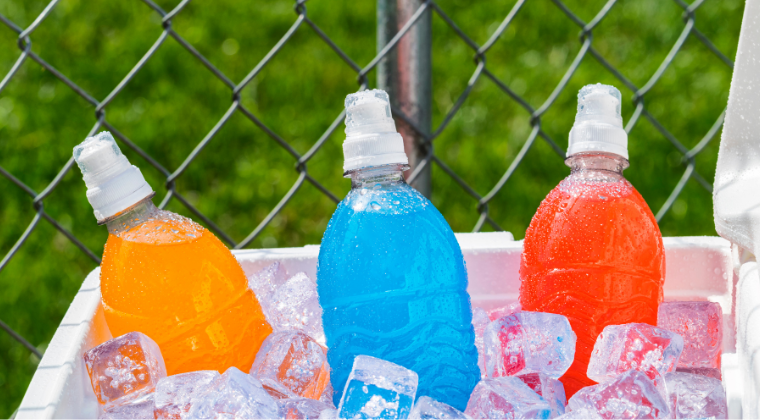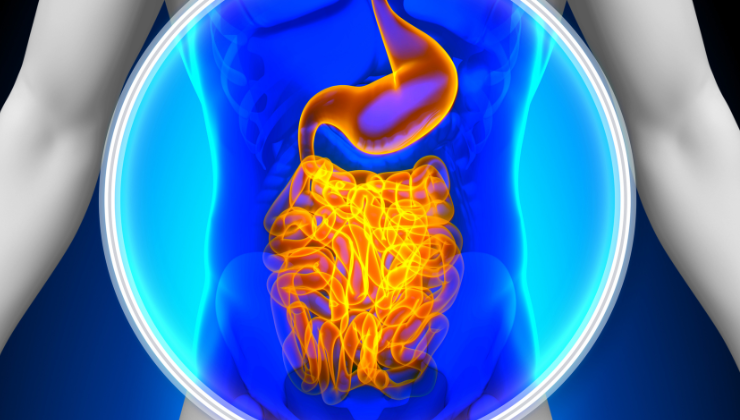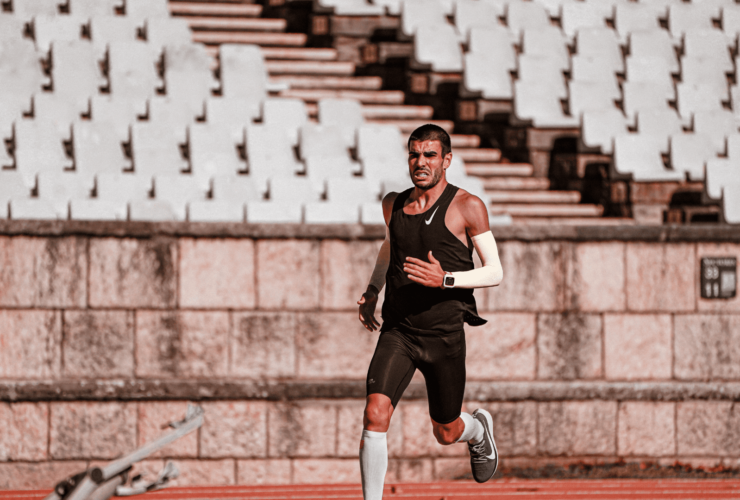Fluid Tactics: Mastering Hydration for Peak Performance on the Football Field
In the world of football, every minute on the pitch counts. Often athletes are juggling competing priorities between local/club matches and representative teams. From intense training sessions to high-stakes matches, players push their bodies to the limit, striving for peak performance and trying not to get sick or injured in the process.
Amidst frameworks to support and develop technical strategies and on the pitch skill, a crucial aspect which is often overlooked is hydration. As sports dietitians and nutritionists, understanding the science of hydration and the challenges footballers face is key to maximizing their potential on the field.
Hydration and Performance:
The importance of hydration in sports performance cannot be overstated.For footballers, who engage in prolonged periods of intense physical activity, maintaining optimal hydration levels is paramount. We know that as little as a 2% drop in hydration can lead to substantial physical and cognitive performance deficits of up to 40%. Dehydration can negatively impact football performance – particularly endurance, speed, skill execution and decision-making as well as contributing to an increased risk of muscle cramps and injury.
Hydration Strategies:
Keeping in mind (unlike in other sports), football rules dictate that players are not able to leave the field of play – except when substituting, which presents a unique logistical challenge. Here are some key considerations:
- Encourage players to start hydrating well before kickoff.
- Trial any new fluids in training wherever possible to reduce risk of GIT upset/impact on performance and increase confidence
- Having fluids with all meals and snacks (utilising foods with high % fluid may also come in handy here!)
- Carrying a water bottle they like throughout the day
- Drinking 200-600ml of fluid before the start of training (consider frozen/slushie options in the heat to assist with pre-cooling)
- When training, make use of any break as an opportunity to grab a drink.
- Timing of matches varies; during peak temperatures increase hydration and carbohydrate needs. Consider utilizing sports drinks during intense or hot sessions for fluid, electrolyte, and carbohydrate replenishment.
- During matches, ensure access to water or sports drinks during breaks and halftime.
- Post-game – emphasize rehydration and replenishment for recovery as well as performance, consider nutritious fluids especially if the next match is within 48 hours.
- In practice, consider factors influencing fluid balance – sweat rate, climatic conditions, game time, clothing and individual sweat electrolyte concentration.
- Monitoring urine colour, frequency and volume are helpful tools to use when developing hydration plans and monitoring with athletes. See the chart below as a guide.
🚀 Are you curious to learn more about performance nutrition for footballers?
Join Compeat academy today to gain access to a comprehensive course designed to equip you with the tools and knowledge needed to fuel success on the football field.
From understanding positions to optimizing energy availability, navigating match day logistics, and implementing hydration & heat acclimation strategies, our course covers it all. Learn how to build resilience in athletes, address common performance and fuelling challenges, and explore the latest evidence-based performance supplements to consider.Don’t miss out on this opportunity to become a leader in the field of sports nutrition. Enroll now and start transforming the way you support footballers to reach their full potential! ⚽🏆⚡



